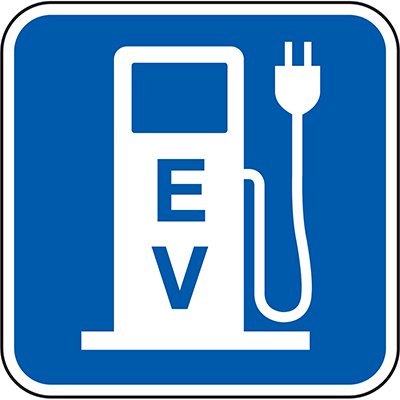‘The Strata Property Act has become an obstacle to greater EV adoption in BC.’
Many people in British Columbia live in multi-unit dwellings, or MUDs for short. While people who own single-detached homes can easily install electric vehicle charging stations in their garage, residents of MUDs face the obstacle of convincing their strata corporations (also known as condominium associations in other jurisdictions) to provide for electrical vehicle (EV) charging. This is not a trivial obstacle, as stratas in BC are governed by Annual General Meetings (AGMs) of the owners, and new bylaws and expenditures for EV charging infrastructure require three-quarter votes in favour. Owners who do not own EV are typically reluctant to pay for any infrastructure that does not benefit them, and therefore reaching a three-quarter majority is a lofty goal. The Strata Property Act has become an obstacle to greater EV adoption in BC. Change is needed to create a "right to charge" that strata councils and strata AGMs cannot ignore.

Some jurisdictions, such as Richmond, have already adopted new zoning bylaws that require new buildings to be equipped with charging stations. The Zoning Bylaw 8500, Amendment Bylaw 9756 requires that each residential parking space in all new buildings (excluding visitor parking spaces) "shall feature energized outlets capable of providing ‘Level 2’ EV charging or higher to the parking space." This rule took effect on April 1, 2018. A level 2 charging station is running on 240 Volts and is typically rated at about 30 amperes. It can provide 7.2 kWh of electricity, enough to charge a car in one hour to drive about 40-50 kilometers.
Other cities in BC should follow Richmond's example and require that new buildings will all be EV ready. But what can be done about older buildings, especially strata MUDs? Given the reticence of strata AGMs to embrace the cost of common EV charging infrastructure, stratas in BC are actively denying EV owners the right to charge. Thus, the province of BC should enact a "right to charge". The Union of BC Municipalities (UBCM) endorsed a resolution sponsored by Metro Vancouver to facilitate greater access to EV charging in MUDs. Resolution B132 from 2017 notes that "requirements for approval by a strata corporation under the BC Strata Property Act for alteration of common property represent a significant barrier to installing and accessing means of charging in stratified buildings" and thus recommends that the provincial government of BC should:
[...] amend the BC Strata Property Act, before the end of 2018, such that strata councils and strata corporations must accommodate reasonable requests from residents, for the purpose of electric vehicle charging, to access existing or install new powered outlets and/or electric vehicle charging infrastructure, where the assignment of associated costs are to be determined by the strata council and/or the strata corporation.
The response from BC's Ministry of Municipal Affairs & Housing Government was still a bit lacklustre. Removing regulatory barriers is not enough without creating an explicit "right to charge". Ontario is actually leading the way on this. Ontario Regulation 48/01 amending the Condominium Act (1998) introduced sections 24.4-24.7 that create specific rules how owners can apply to the strata to install an EV charging station. Under Ontario rules, a condominimum association (strata) cannot deny a reasonable request as long as it meets professional standards that ensure safety and structural integrity of the building.
‘The province needs to introduce a “right to charge” for all stratas.’
If stratas continue to dig in their heels because of a one-quarter blocking minority of owners espouse the mantra "why should I pay for common EV infrastructure if I don't drive an EV?", the province must act. EV charging is in the public interest because EVs reduce emissions, both local (NOx, CO) and global (CO2). Different buildings will require different implementations because of the way they are built. Some may only be able to accommodate a centralized system with common electrical power management systems, while others may facilitate connecting charging stations with owner's own power supply. If the province is serious about promoting a transition to zero-emission vehicles by 2050, it must remove the perhaps most formidable barrier to adoption: the inability to deploy EV charging infrastructure in existing MUDs. Generous incentives (currently up to $8000 for two charging stations in a MUD) won't be enough. The province needs to introduce a "right to charge" mandate for all stratas.
![[Sauder School of Business]](logo-ubc-sauder-2016.png)
![[The University of British Columbia]](logo-ubc-2016.png)